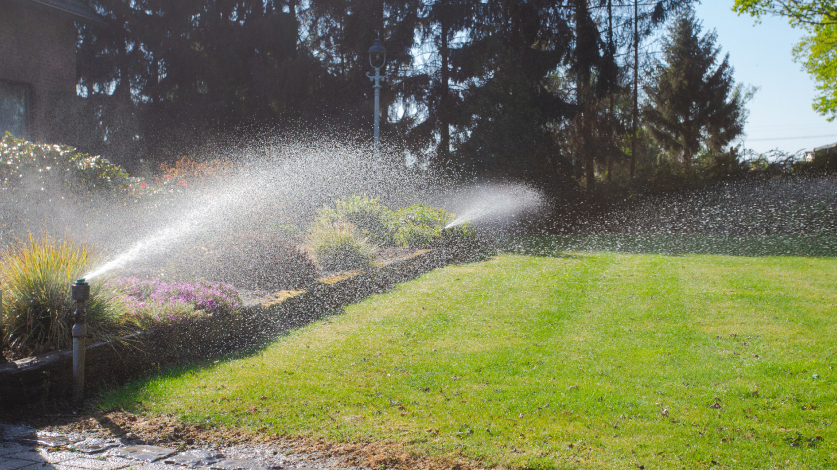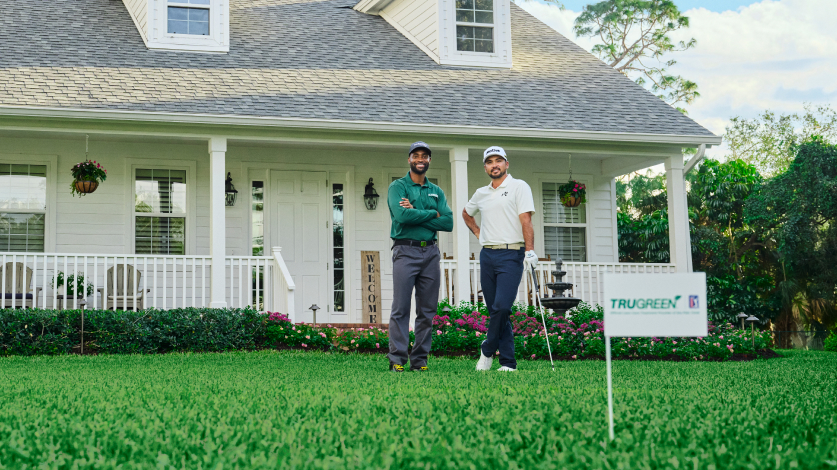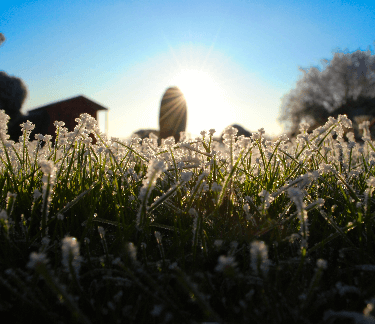If you’re a dog owner, you may have noticed that your pup’s bathroom trips tend to coincide with the appearance of discolored grass and bare spots on your lawn. And it probably isn’t a surprise that dog urine killing grass is a common concern amongst pet owners. Short of taking your pup on several walks a day, you can’t stop them from urinating on the lawn. (And your neighbor’s pup isn’t helping, either!) There are, however, things you can do to mitigate the damage to your turf. In this guide, we’ll explain the effect dog urine and excrement can have on your grass and offer tips on how to keep your lawn lush, healthy and green. Plus, we’ll answer some common questions about pet waste and your outdoor living space.



 Branch Finder
Branch Finder













 Back to all blogs
Back to all blogs
Facebook
X
Youtube
Copy Link
Email